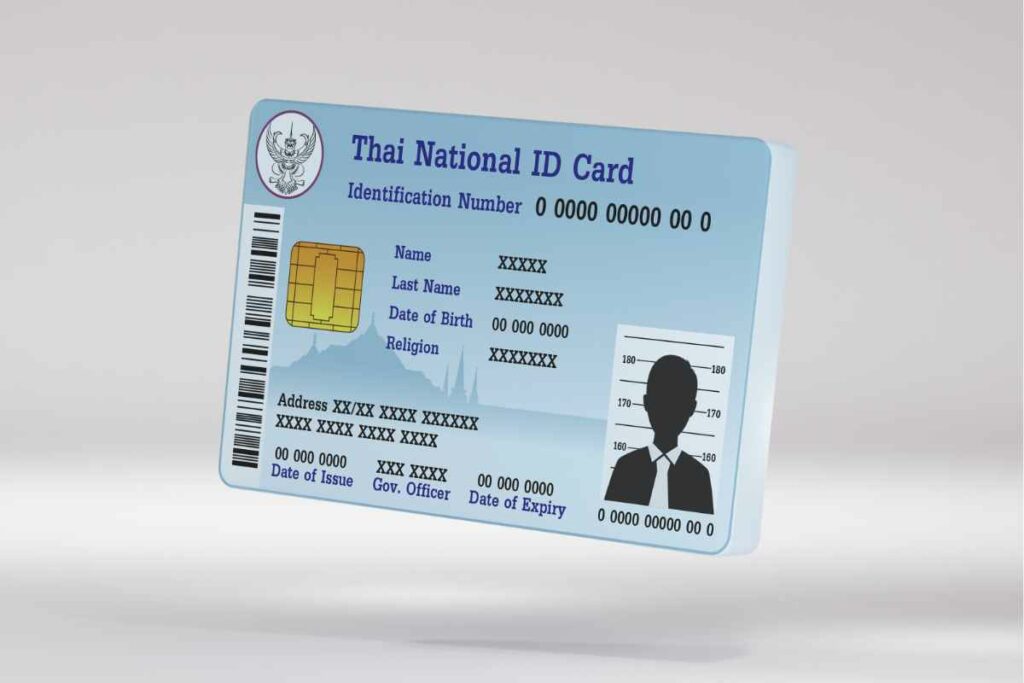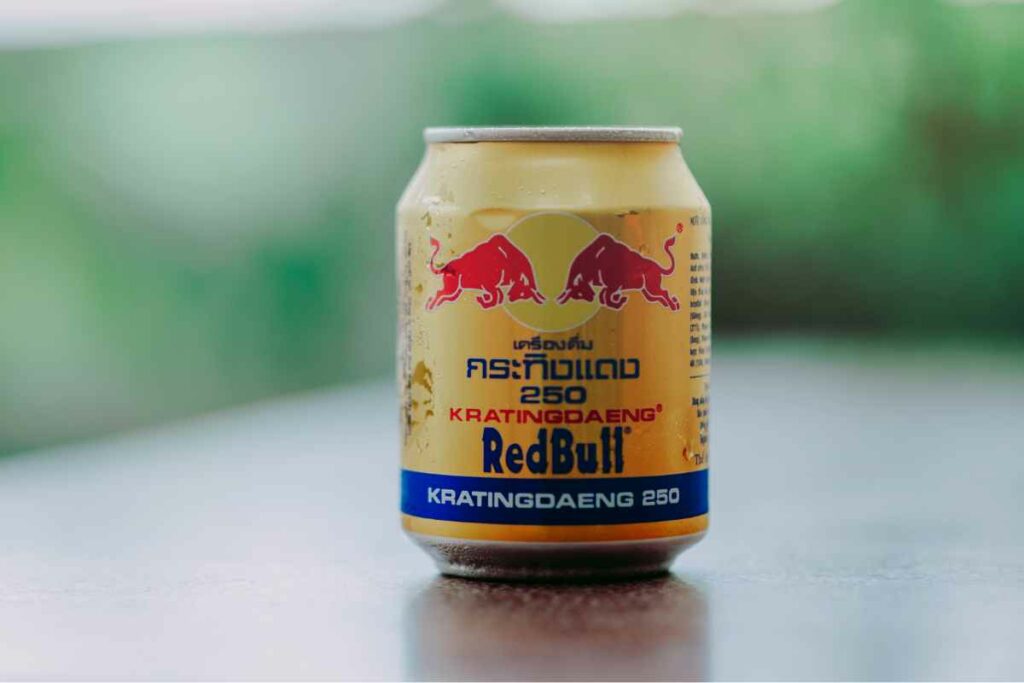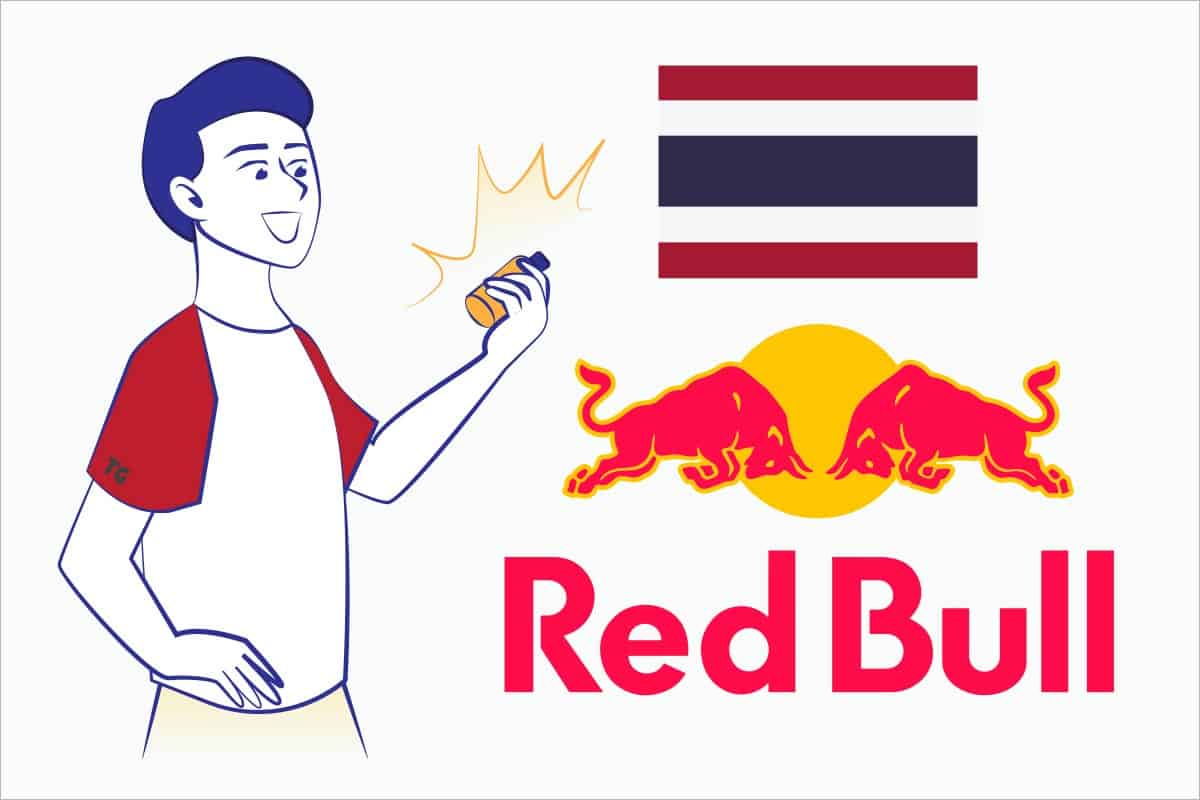With over 70 ethnic groups in the country, Thailand is a country with a long history of culture and beliefs. Thai people also take their culture seriously, and this, in return, makes Thailand home to many interesting stories and facts about its cultural norms, religions, and traditions.
What are 3 interesting facts about Thailand?
Among these fascinating traditions and cultures, here are 3 interesting Thailand facts that you might not be aware of (prepare to be surprised):
1. Thai people’s full names are extremely long

It is such an interesting fact that most, if not all, Thai people go by their ‘nickname’ instead of their full name for almost every occasion.
Ask any Thai people for their name, and they will tell you their ‘nickname’ first, and this is not because they don’t want you to know their full name. This is because their full government names are long and hard to remember, even for local people.
A typical Thai name has three parts; first name, last name, and nickname. Thai people do not have middle names, just like many other Asian cultures. (Source)
Thai laws prevent people from taking a surname copied from another family. Hence, local people have adopted more complex surnames and longer to keep their surnames unique, making some Thai surnames very long and complicated.
This law also makes it very rare for two non-related people to have the same surname, and if two people have the same last names, it means they are related somehow. And another reason why Thai names are so long is that it is easy for Thai people to change their last names as well – be it for legal reasons or religious/superstitious reasons.
This is because, in Thai culture, people believe that changing a name can also change a person’s luck. Thai people think that putting certain words or phrases with good meanings will bring them extra luck and make their names sound nicer. In some cases, some people have changed their names multiple times, too.
For the first names, those are personal and considered the most important part. First names are more intentionally given with words that contain good meanings and are sometimes given for religious reasons. (Source)
As Thai people have superstitious beliefs about names and the luck caused by names, it is not uncommon for parents to consult with monks, fortune tellers, or some older people before deciding on a name for their children.
However, these first names are usually very long and hard to remember, so Thai people use their nicknames daily and only use the first names on legal documents. And it is such an interesting thing that even between close friends or colleagues who have known each other for a long time, people may not know the full names and just use nicknames to address each other.
Thai people’s nicknames are usually given to them at birth or in early childhood. The nicknames can sometimes be an abbreviation of their full name, but more often than not, these nicknames are unique, quirky, English-sounding, and have no relation to their full name- like ‘Film,’ ‘Mind,’ ‘Ten,’ ‘New,’ and so on.
Some parents give their children nicknames based on their physical appearance, likes and dislikes, behavior, or subjects such as animal/flower/fruits, or English-sounding words with some meaning behind them – such as Nu (means ‘mouse’), Som (means Orange), or Book (means to symbolize knowledge and wisdom). (Source)
Some families also give nicknames with the same first letter – such as Beer, Bank, and Bambam. It is very common in Thailand to see people with quirky nicknames, but this is because Thai people put emphasis on personal meanings – like in the case of Book, and not the literal meaning of those words in English.
Nevertheless, it is an interesting fact for foreigners that Thai people’s names are complicatedly long and that almost everyone goes by their nicknames, even at school and work.
And another fun Thailand fact:
The full name of Bangkok is also insanely long. It’s “Krungthepmahanakhon Amonrattanakosin Mahintharayutthaya Mahadilokphop Noppharatratchathaniburirom Udomratchaniwetmahasathan Amonphimanawatansathit Sakkathattiyawitsanukamprasit.”
Translated to “City of angels, the great city of immortals, magnificent city of the nine gems, the seat of the king, city of royal palaces, home of gods incarnate, erected by Visvakarman at Indra‘s behest”.
2. Red Bull drinks originated in Thailand

The world’s famous energy drink, Red Bull, actually originated from Thailand. In Thailand, the original version of Red Bull is known as ‘Krating Daeng.’
And guess what – Krating Daeng also translates roughly as ‘Red Bull,’ and the logo on the bottle has two red bison or two ‘red bulls’ too. Krating Daeng originated in 1962, developed by a Thai businessman named Chaleo Voovidhya, who was once a medicine salesman.
He was inspired by the Japanese energy drink ‘Lipovitan D,’ which is still one of the best-selling energy drinks in Thailand, and came up with a localized version with a sweeter taste to attract the local market.
The logos of two red bulls charging toward each other attracted working-class customers in rural parts of Thailand as bullfighting is a popular sport in rural areas. (Source)
The sales for Krating Daeng soared across Asia countries in the 1970s and 1980s. Especially among the working-class population, as Krating Daeng’s brand awareness was boosted by its sponsorship of Thai boxing matches.
The founder of the current internationally known Red Bull, Mateschitz, discovered Krating Daeng during his visit to Thailand in 1982 when he found out that the drink could help cure his jet lag. (Source)
Mateschitz and Voovidhya founded the company “Red Bull GmbH” by each of them investing $500,000 of savings. In 1987, Red Bull GmbH launched the Austrian version of Red Bull which is carbonated and not as sweet as the Krating Daeng recipe. This now-famous Red Bull recipe serves almost half of the US energy drinks market. (Source)
Instead of the working-class customer base like Krating Daeng, Red Bull focuses on fun-loving crowds of young people.
The original Krating Daeng remains a go-to drink in Thailand for many workers who have to work for long hours like construction site workers, truck drivers, tuk-tuk drivers, etc. It is interesting that such an iconic energy drink brand like Red Bull originates in Thailand and that the two brands have different appeals, despite being the same type of drink.
Next time you visit Thailand, try the original Krating Daeng instead of Red Bull to see which version is you think is better.
3. The Phuket vegetarian festival is not what you’d expect
The Phuket Vegetarian Festival is an annual event held for nine-day and celebrated by the Chinese Hokkien descendants across the island of Phuket. It is a religious festival aimed at physical well-being and spiritual cleansing, merit-creating, and ensuring prosperity and long life.
And judging by the name, one might think that this festival is about eating vegetarian dishes.
Well, it’s not wrong because many restaurants and food stalls in Thailand sell vegetarian dishes during the festival period – look for the yellow flags and logos to know if the dish is for vegetarians or not.
But the main reason why this festival is well known is because of the shocking visuals of self-mutilation, including the fire-walking and body piercing with a variety of everyday objects. (Source)
The name ‘vegetarian festival’ comes from the practice of refraining from eating meat during the nine days. During the festival days, the group of believers on the island further participate by abstaining from sex, alcohol, and drugs, and also wearing only white clothes, and attending the daily self-mutilation and barefoot walk from temple to temple by the Ma Song, who are the ‘middle men’ inhabited by gods.
They volunteer to take on the sins and sufferings of their local community. They also believe that by piercing their body parts with sharp objects and walking barefoot from one temple to the next, the Ma Song takes on their people’s sins and removes their sufferings. (Source)
Ma Song had their faces pierced with random objects: skewers, swords, poles, spikes, etc.
During the festival, every morning before sunrise, they would go to the temple, sit down and receive the pain without even showing any signs of discomfort, and then wait calmly by the street to begin the parade. The festival’s visuals are shocking and borderline gory as Ma Song walk from one temple to another in their bloody states.
Also, loud fireworks and firecrackers are used during the festival as it is believed to ward off evil spirits. So, if you are thinking of going to the festival in the hope of eating vegetarian foods and having a peaceful, cleansing time, maybe you might want to think again.
Thai culture is unique.
Aside from these 3 interesting facts, Thailand has many stories untold. With a unique culture, Thailand truly is a sight to see. And what would be a better way to learn more interesting facts than to visit the country and experience them yourself?
Like always, if you want to discover more about Thailand, stay guided by ThaiGuider. You might learn something you never knew about this unique country.
▸ CHECK OUT all our guides on Thai Culture here.
THINKING ABOUT A TRIP TO THAILAND?
I am working on a FREE Thailand Travel Guide with a FULL 7 Day Itinerary. Be the first to receive it!
Thank you for signing up.
Something went wrong.
